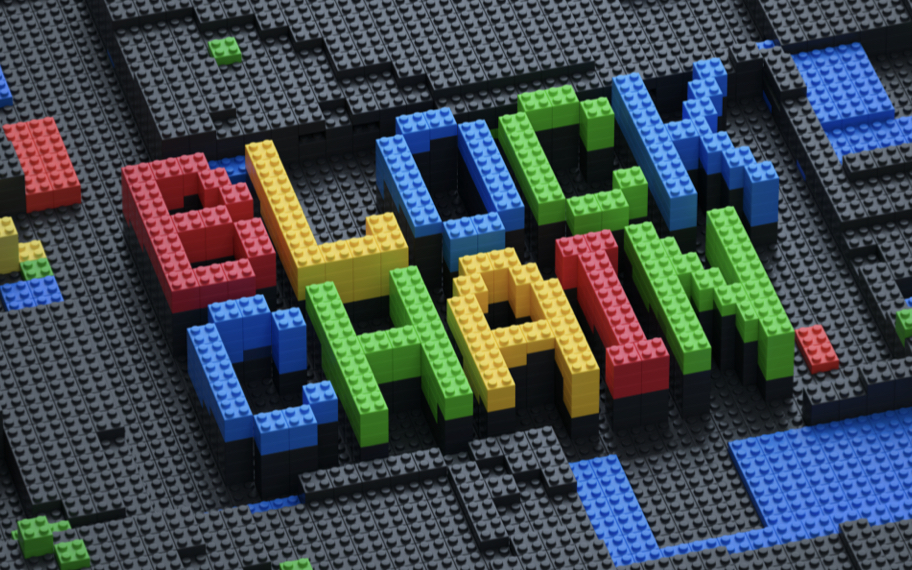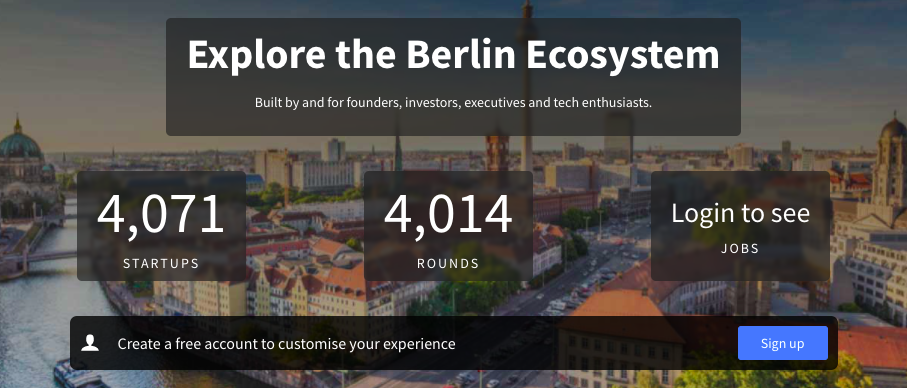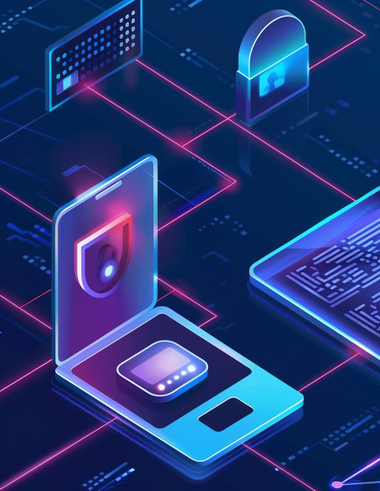Blockchain technology has already revolutionised numerous sectors and processes. It is now on the rise in one of the largest entertainment industries in the world!
In the gaming industry, crypto games are becoming increasingly popular and have seen record rises in revenues over the last number of years. The growing success of crypto games shows once again that blockchain technology has succeeded in establishing itself in the mass market.
Many gaming industry giants have already entered the world of crypto games. Capcom, for example, sells virtual trading cards from the Street Fighter universe in cooperation with the NFT platform Wax, while Ubisoft launched the crypto game Rabbids last year. Publisher Atari even recently launched its own cryptocurrency – the Atari Token – which is to be used as a means of payment for digital goods in all Atari games in the future.
In addition to the more established gaming companies, many start-ups are already pursuing similar projects. In particular, Berlin's bustling blockchain scene is working intensively on the future of gaming.
The blockchain revolution in the gaming industry
When looking at certain developments that have taken place in the gaming industry over the past few years it becomes clear that the phenomenon of crypto gaming is no coincidence, but a logical next step in the sectors evolution:
- Games are now almost exclusively digitally distributed, for example via platforms such as Steam. Owning a game in the form of a physical data carrier hardly plays a role anymore, while acceptance of virtual ownership has increased massively among target groups.
- Games are increasingly offered for download free of charge (free-to-play) even at the alpha or beta stage, with ongoing revenue generated primarily through the sale of optional content (DLCs, maps, skins, etc.) and microtransactions within the game.
- This content (in-game currencies, items, and other in-game assets) is gaining traction within communities and in some cases to the point where it is traded for real money outside of the game.
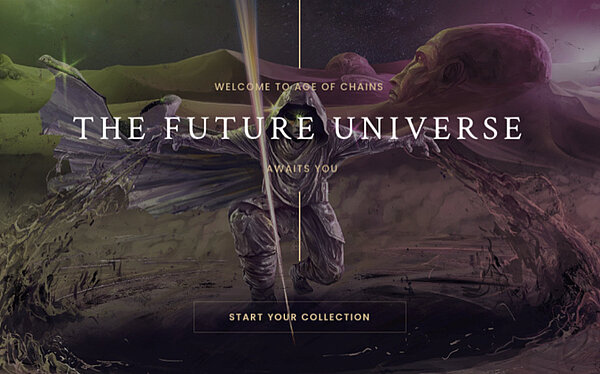
Berlin as European blockchain headquarters
According to the Institute of the German Economy, 241 companies and institutions in Germany are currently dedicated to this promising topic. As the center of the European blockchain scene, Berlin is uniquely positioned within this ecosystem. There are over 120 companies including: start-ups, large corporations, innovation centers and research institutes actively working on the technology. Furthermore, growing interest from investors is fueling the rapid growth of the local scene.
The Berlin Blockchain Ecosystem landscape, curated by the BerChain association, offers an interesting insight and overview of the bustling Berlin blockchain scene..
After initial successes, the booming gaming industry is now showing enormous interest in blockchain-based gaming concepts.
The Age of Chains
With its online collectible card game based on non-fungible tokens (NFT), Streamstars UG from Berlin began to usher in the age of the blockchain as early as 2016 and can easily count itself among the pioneers of crypto gaming. The non-replicable tokens ensure that a certain uniqueness and numerical limitation is guaranteed for virtual objects, which enormously increases their attractiveness as trading objects. The NFT store currently includes 14 cards.
Fanzone and Spielworks
A similar concept is pursued by the Berlin-based start-up Fanzone, which offers a platform for collecting, playing and exchanging digital trading cards of athletes from various soccer and basketball teams.
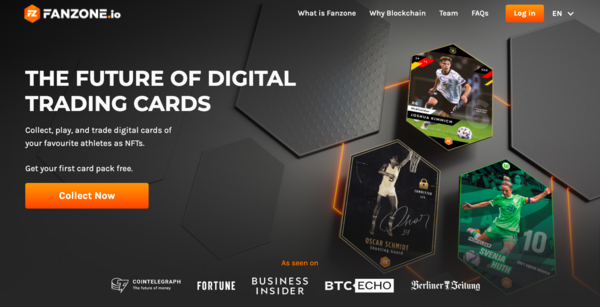
Spielworks can also be considered a pioneer of crypto gaming in Berlin. The aim of its platform Wombat is to create a user experience that does not require any blockchain expertise on the part of the user. Spielworks aims to provide the most user-friendly wallet solution for blockchain-based gaming, removing what is currently one of the main stumbling blocks in the way of reaching the mass market.
True ownership thanks to blockchain and NFTs
The fact that complex economic systems can develop within games is not a new phenomenon. But until now, in-game investments have always been associated with certain disadvantages and risks for players. If an account is banned or the server is shut down by the publisher, the purchased items will usually be lost.
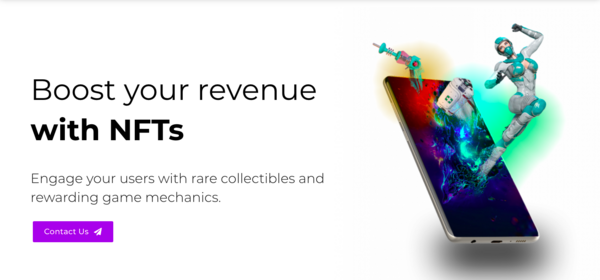
The underlying problem is that players have never really been able to become the owner of their in-game assets. This is where blockchain technology, with the help of NFTs is proving to be a game changer, literally. But it also provides other significant benefits besides true ownership:
Enormous revenue potential for the gaming industry.
Examining these aspects as a whole, one can see the basis for a concept that could become the successor to the current "free-to-play" model, Adrian Krion from BerChain refers to this as “play-to-earn". The technology provides a solid foundation for the value of game currencies and other in-game assets, and therefore can contribute significantly to the emergence of far-reaching economic cycles and associated gamer communities. For the gaming industry, blockchain-based games could lead to a 10- to 15-fold increase in revenue, Krion said.
Just how much gaming companies and investors are hoping for from these prospects is reflected in the funding that has flowed to crypto game developers over the past two years. Dapper Labs, which is responsible for CryptoKitties and the mega-success NBA Top Shot, among others, received over 38 million US dollars in the course of several financing rounds. The developer studios Immutable Games and Mytical Games have also been provided with considerable capital. Currencies on the crypto market are developing just as successfully. With a market capitalization of over 10 billion US dollars, the cryptocurrency Theta made it into the top 10 cryptocurrencies. The largest NFT marketplace is currently considered to be the OpenSea platform with a transaction volume of $147 million.
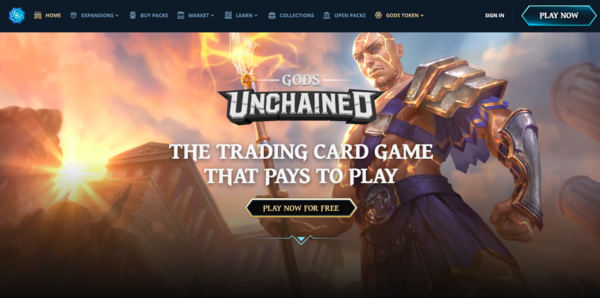
It is also worth noting that investors such as Andreessen Horowitz and Google Ventures have invested large sums. As entities who are not directly connected to the blockchain scene, this illustrates the enormous expectations associated with the burgeoning blockchain gaming industry.

